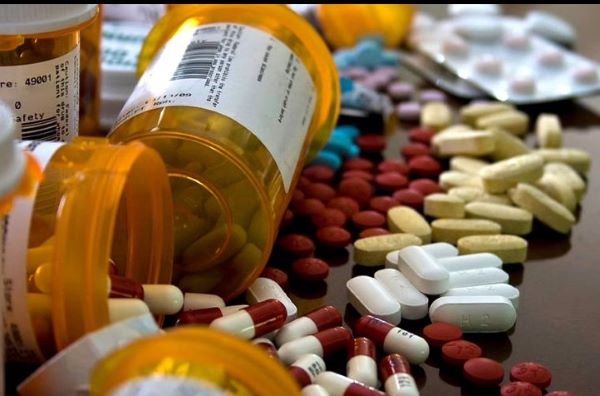A Senior Medical Officer at Wellington Clinic Abuja, Dr Somina Oseni has advised the public about the risks of self-medication, urging that if it must be done, it should be carried out with caution.
In an interview on Tuesday, Oseni explained that self-medication referred to consuming medication that had not been prescribed by a trained healthcare professional.
She highlighted both short- and long-term consequences of this practice.
“One of the immediate effects of self-medication is that many people do not realise there are hidden benefits and side effects of the medications they take.
“Those who lack proper knowledge may not be aware of this risk, which is why it is crucial for medications to be prescribed by qualified medical personnel.”
Oseni also warned of the growing issue of drug resistance, particularly to antibiotics, due to the overuse of such medications.
She said that the misuse of antibiotics was contributing to bacterial resistance, making it more difficult and expensive to treat infections.
“It is important to understand the implications before taking any medication.
“It’s not just about taking something and expecting to feel better,” she stressed.
She added that sometimes, individuals self-diagnosed and took the wrong medication, which could delay proper treatment.
Oseni advised that if symptoms persisted, it was crucial to visit a hospital for accurate diagnosis.
“For instance, while paracetamol may help with a headache, if the symptoms persist, it is important to go to the nearest hospital to prevent further complications,” she explained.
For chronic conditions such as diabetes or asthma, Oseni emphasised the importance of following medical guidance on self-care and first aid.
She also stressed the need to visit the hospital if symptoms continued in spite of known treatment.
Oseni further urged individuals to seek proper medical attention and not rely solely on self-medication, as it could mask underlying conditions that might lead to more severe health issues.
NAN


